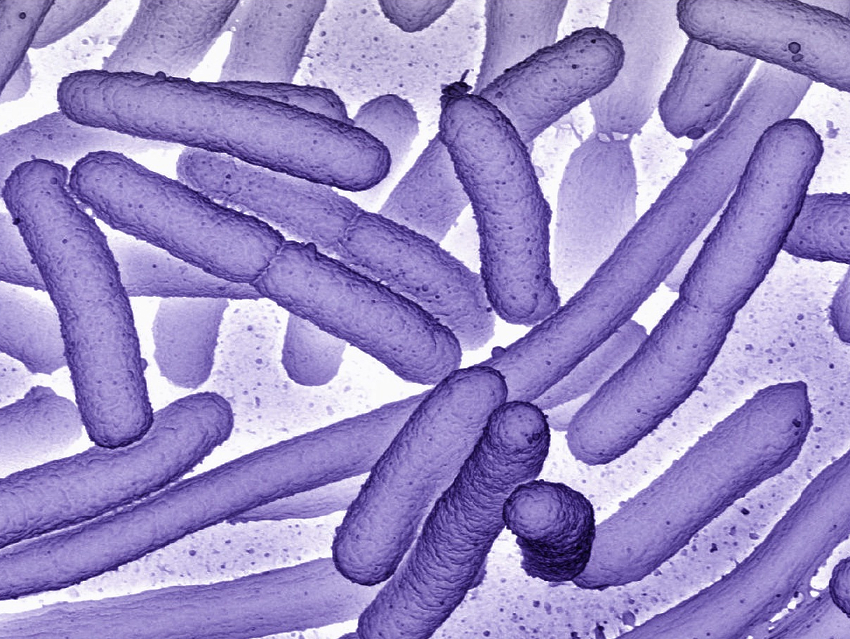Tuberculosis, caused by the bacterium Mycobacterium tuberculosis (Mtb), is a dangerous infectious disease and responsible for ca. 1.8 million fatalities in 2016. Unlike many other pathogenic bacteria that can be cleared from the body quickly through antibiotic treatment, Mtb is able to form a persistent state which is difficult to target. Therefore, current tuberculosis treatment requires a combination therapy using different antibiotics over six months. This prolonged treatment is straining for the affected patient and greatly increases the risk of resistances. Tuberculosis cases caused by multi-resistant bacteria are already a serious health issue.
Michael Berney, Albert Einstein College of Medicine, Bronx, NY, USA, and colleagues have shown that the aspartate pathway, a metabolic pathway which does not exist in humans or animals, is a vulnerable target in the Mtb metabolism. The uptake of the amino acid aspartate from the environment and its metabolism are crucial for the survival of Mtb. Various essential amino acids, such as threonine, are produced via the aspartate pathway, as well as other building blocks such as diaminopimelate, which is necessary for the formation of bacterial cell walls.
The researchers genetically modified Mtb strains in such a way that they were unable to synthesize threonine or its precursor homoserine via the aspartate pathway. Their experiments proved that the modified bacteria strains could not survive without the supplementation of these compounds. Therefore, inhibition of the aspartate pathway could be a promising approach for the discovery of new anti-tuberculosis drugs.
- Derailing the aspartate pathway of Mycobacterium tuberculosis to eradicate persistent infection,
Erik J. Hasenoehrl, Dannah Rae Sajorda, Linda Berney-Meyer, Samantha Johnson, JoAnn M. Tufariello, Tobias Fuhrer, Gregory M. Cook, William R. Jacobs, Michael Berney,
Nat. Commun. 2019.
https://doi.org/10.1038/s41467-019-12224-3




